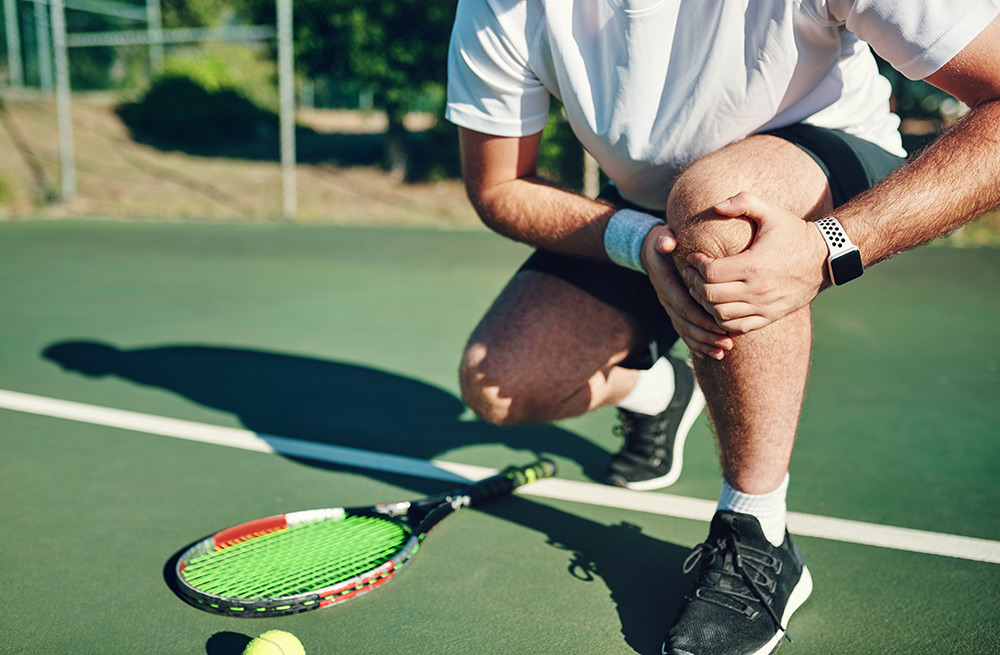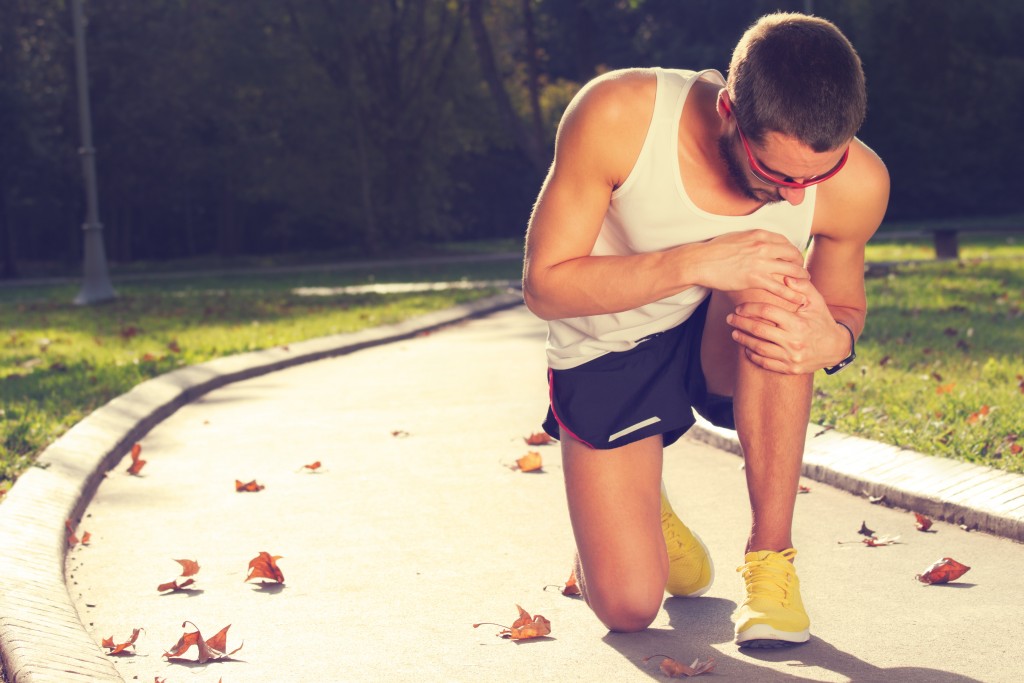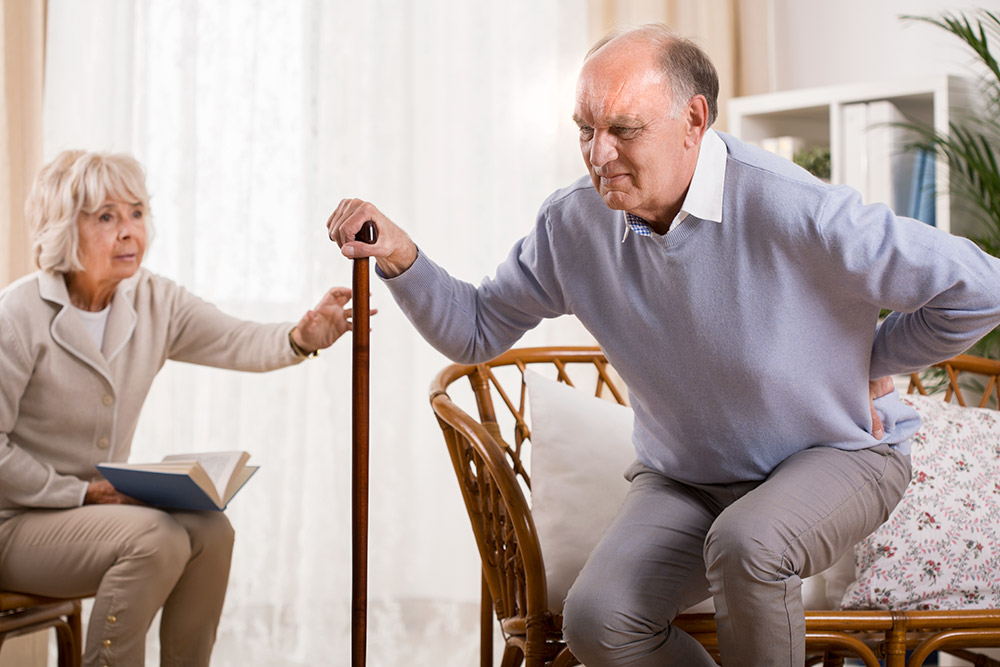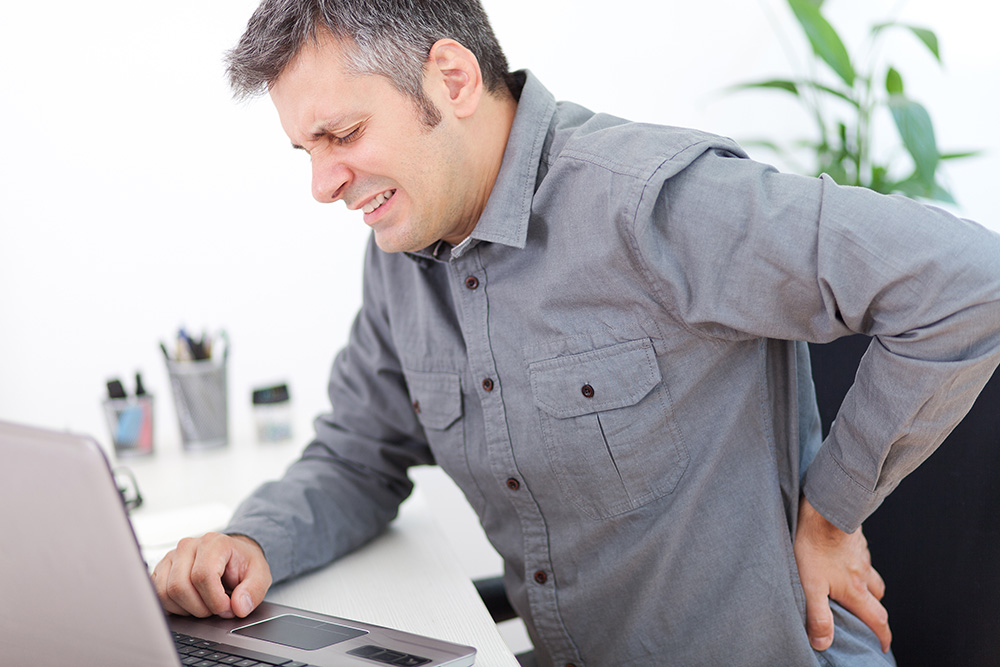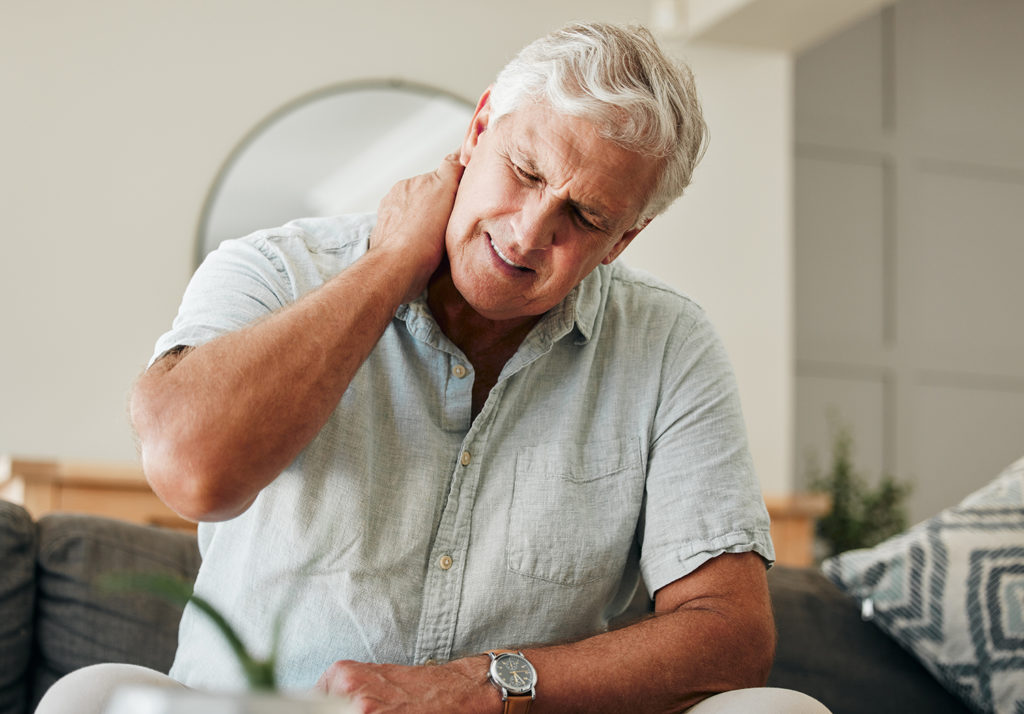What does acupuncture treatment involve?
The body has an incredible inherent self-healing ability. But sometimes this mechanism is hindered for various reasons eg. poor lifestyle, injury, hereditary factors, emotional factors, weather conditions and infections. Acupuncture works by stimulating self-healing through the insertion of very fine needles into specific points on the body. Acupuncture principles are based on over 2000 years of traditional Chinese Medicine observations and experimentation. The concept of Qi is (in part) the life-force energy that flows around our bodies in channels called meridians, nourishing and animating us. When the smooth flow of Qi is interrupted by factors such as those stated above, imbalance can result in disease or undesirable symptoms. Acupuncture works on all levels of our being, harmonising mind, body and spirit.
In Yin Yang theory, these two opposing yet complementary forces, support each other, contain each other, cannot exist without each other, and produce each other. As one declines the other will increase to an equal degree, they are constantly moving and influencing each other. All things in the universe can be classified as Yin or Yang.
Yin is seen as the shady side of a mountain and Yang as the sunny side. Yin is known as more feminine, more substance and form compared to Yang, Is cool, passive, moisture, darkness, night-time, earth, downward-seeking, odd numbers, the docile aspect of things, the list is long. Yang is more masculine, more catalyst, warm, active, dryness, brightness, sunshine, heaven, upward-seeking, even numbers, the dominant aspect of things.
In Five elements theory, which is a more refined step to understand the relationship and interaction between Yin and Yang, there are a number of correspondences to each element. For example the wood element (which is Yang) corresponds to the liver organ and its energetics; to Jupiter, the east, the eyes, the colour green, sour taste, spring, wind, expansive movement, nails, anger, the ligaments and tendons, the list goes on. The water element (which is Yin) corresponds with the kidney organ and its energetics; to Mercury, the north, the ears, the colour black, salty taste, winter, cold, hardness,teeth and head hair, fear, the bones and joints and so on. The other elements of earth, fire and metal all have similar correspondences.
How Acupuncturists work
These correspondences assist acupuncturists in their diagnosis. For example a green tinge to visible veins would be seen as a wood sign, with liver involvement. Veins with a black appearance are seen as a water sign with kidney involvement. Problems with tendons are a wood issue, problems with bones or joints a water issue. Body diagnosis is important in Chinese Medicine as there are many signs we see to aid diagnosis. Acupuncturists take the pulse in six different positions on each wrist to feel for general quality and speed, strength and depth. We look for any imbalances between each pulse position. Each pulse position pertains to a different organ in the body and we can ascertain which are deficient and which are in excess. A major aim of Chinese Medicine is to balance energetical excesses and deficiencies, where something is in excess in the body there will always be a deficiency somewhere else. This brings us back to the balance of Yin and Yang. Palpation of acupuncture points will tell us if a point feels in excess or deficient and we use different needling techniques to address this.
Another important diagnostic tool is the tongue. We look at size and shape, colour of the tongue, whether it is swollen or thin, the absence or presence of a coating. If present, the colour and thickness of the coat is indicative of different conditions affecting the body. In addition to this, different segments of the tongue relate to different organs of the body.
Patients are asked a number of questions about things such as sleep and digestion, whether they prefer heat or cold, suffer from headaches, musculoskeletal aches and pains, perspiration, appetite and thirst, etc. Different signs and symptoms have associations with Yin or Yang functions of the 12 organs of the body
We look at moisture levels of skin and hair too and check the quality of the finger nails. All these diagnostic tools are then put together to come up with a diagnosis, then we choose a treatment approach before finally selecting a number of acupuncture points to needle.
It is good to remember that you don’t need to have a medical condition to have acupuncture, prevention is better than cure! In the stresses of modern life, ideally one should rebalance the body before one gets ill.
You can find out more about Acupuncture via the British Acupuncture Council website here.
Acupuncture in Worthing
At Broadwater Osteopaths in Worthing we have 2 traditional Acupuncturists, Rebecca and Caroline. Each have their own unique ways of working and their own specialist interests.
Caroline’s interests focus on mental health, the mind-body connection and wellbeing.
Rebecca’s interests focus on pain management, women’s health, fertility, hormones, sleep, digestion and allergies.
To find out more about Caroline click here Caroline Crowther – Broadwater Osteopathic Practice – Worthing (worthingosteopathy.com)
To find out more about Rebecca click here Rebecca Bond | Our Team | Broadwater Osteopathic Practice (worthingosteopathy.com)
Appointments with her start from £50. To book a session click this link Book Online | Broadwater Osteopathic Practice (janeapp.co.uk)

